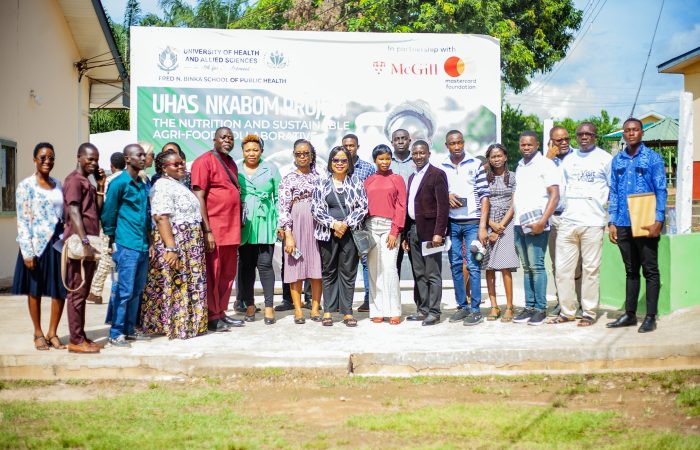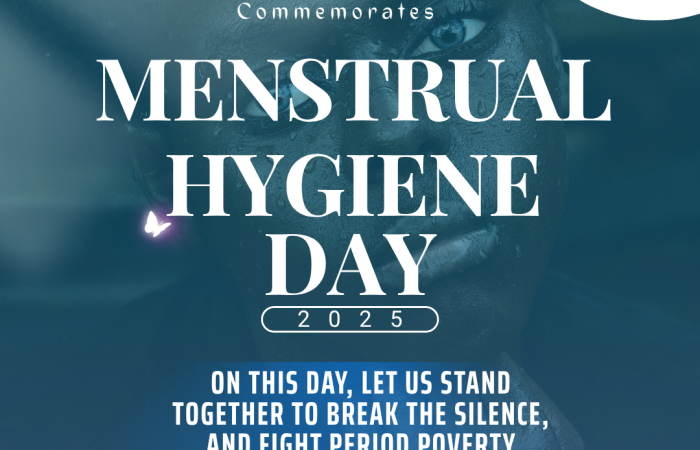The girls at greatest risk of early marriage are often those hardest to reach. They come from poor families, marginalized groups or rural areas.
Millions of girls have been able to avoid “an unwanted marriage and an unwelcome end to their childhood”, since the launch four years ago, of a joint UN agency programme, the head of the UN Children’s Fund (UNICEF) said on Tuesday.
March 10, 2020 – The UNFPA-UNICEF Global Programme to End Child Marriage, a multi-country initiative to help protect the rights of millions of girls, was launched in 2016 with the involvement of families, educators, health providers, governments, as well as religious and community leaders, with the ambitious aim of ending the practice by 2030.
And it will be renewed for an additional four years, according to UNICEF and the UN Population Fund (UNFPA), which works to advance sexual and productive health.
By 2023, the programme aims to have reached more than 14 million adolescent girls across 12 countries in Africa, the Middle East and South Asia.
Child marriage is detrimental to all these: child brides are more likely to be out of school, suffer health problems, and have early and unwanted pregnancies.#EndChildMarriage
Despite the progress so far, “12 million girls are still marrying in childhood every year, causing irreversible damage to their future, health and well-being”, said UNICEF Executive Director Henrietta Fore. “The next four years of the programme are critical to driving momentum and action and ending this devastating practice once and for all”.
Read more: click herehttps://wunrn.com/2020/03/programme-to-reduce-child-marriage-extended-to-2024/


